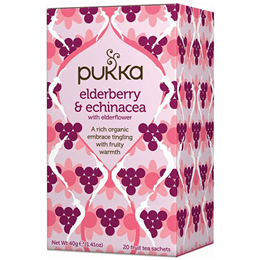
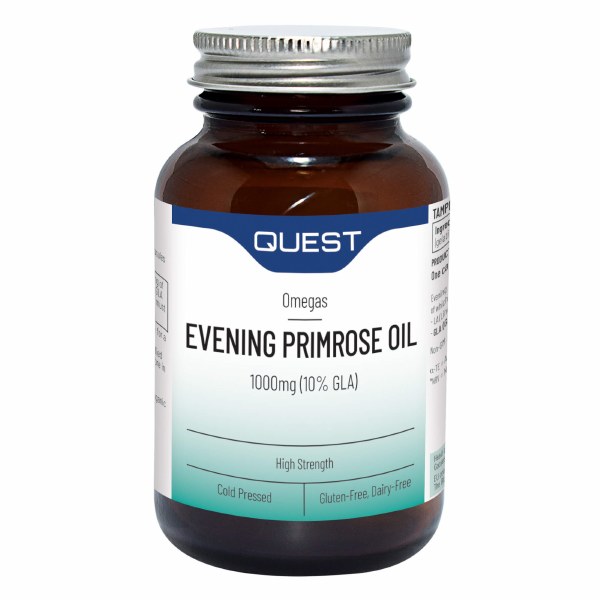
Pukka Lemongrass & Ginger Tea
£4.99 Original price was: £4.99.£4.49Current price is: £4.49.
Lemongrass
Pukka Lemongrass Tea is a popular herb and culinary ingredient known for its refreshing citrusy flavor and aroma. It is widely used in various cuisines, particularly in Southeast Asian and Thai cooking, and it is also utilized for its potential medicinal and therapeutic properties. Here’s some information about lemongrass:
**Appearance and Characteristics:**
– Lemon grass (Cymbopogon citratus) is a tall, grassy plant with long, slender green stalks.
– The leaves of lemon grass are narrow and green, with a lemony fragrance when crushed or bruised.
– It is often used in its fresh form, but it can also be found dried or powdered.
**Culinary Uses:**
– Lemongrass is a key ingredient in many Asian dishes, including soups, curries, stir-fries, and marinades.
– It imparts a lemony and slightly floral flavor to dishes, without the acidity of lemon juice.
– Lemon grass can be finely chopped and added to recipes or used whole as a flavouring agent, often removed before serving.
– It is commonly used in dishes like Tom Yum soup, Thai green curry, and various types of Vietnamese pho.
**Medicinal and Health Benefits:**
– Lemon grass has been used in traditional medicine for its potential health benefits.
– It contains compounds like citral, which may have antioxidant, anti-inflammatory, and antimicrobial properties.
– Some studies suggest that lemon grass may help lower cholesterol, control blood sugar, and aid digestion.
– Lemon grass tea is often consumed for its calming and digestive properties.
**Lemongrass Tea:**
– Lemon grass tea is a popular herbal infusion made by steeping fresh or dried lemongrass in hot water.
– It has a mild, citrusy flavor with a hint of herbal notes.
– Lemon grass tea is caffeine-free and is often enjoyed for its soothing and relaxing qualities.
– It can be served hot or cold and is sometimes sweetened with honey or sugar.
**Growing Lemongrass:**
– Lemon grass can be grown in tropical and subtropical regions.
– It is typically propagated from cuttings, as it doesn’t produce seeds.
– Lemon grass requires well-drained soil and plenty of sunlight to thrive.
**Cautions:**
– While lemon grass is generally safe to consume in moderate amounts, some people may be sensitive or allergic to it.
– If you are pregnant, nursing, or have any medical conditions or concerns, consult a healthcare professional before consuming lemongrass in medicinal quantities.
Overall, lemon grass is a versatile herb that adds a unique citrusy flavor to culinary dishes and offers potential health benefits when used in moderation. Whether you’re cooking a Thai curry or enjoying a cup of lemongrass tea, its delightful aroma and taste can enhance your culinary and wellness experiences.

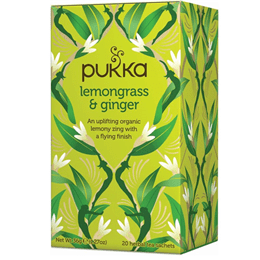
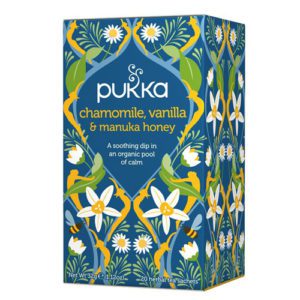

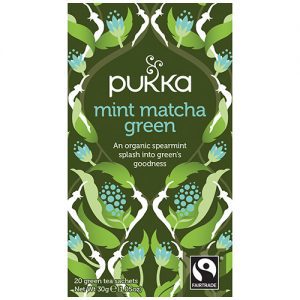
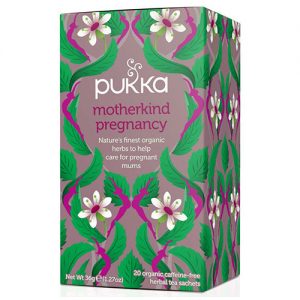

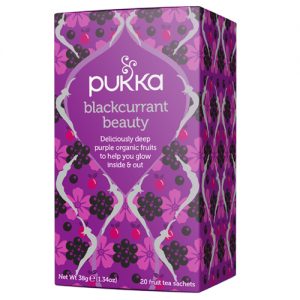
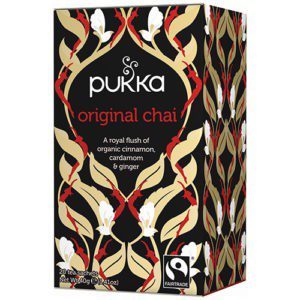
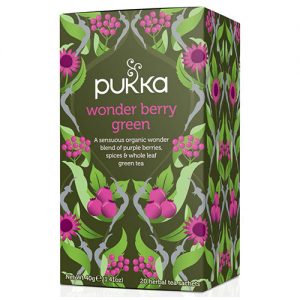




Reviews
There are no reviews yet.